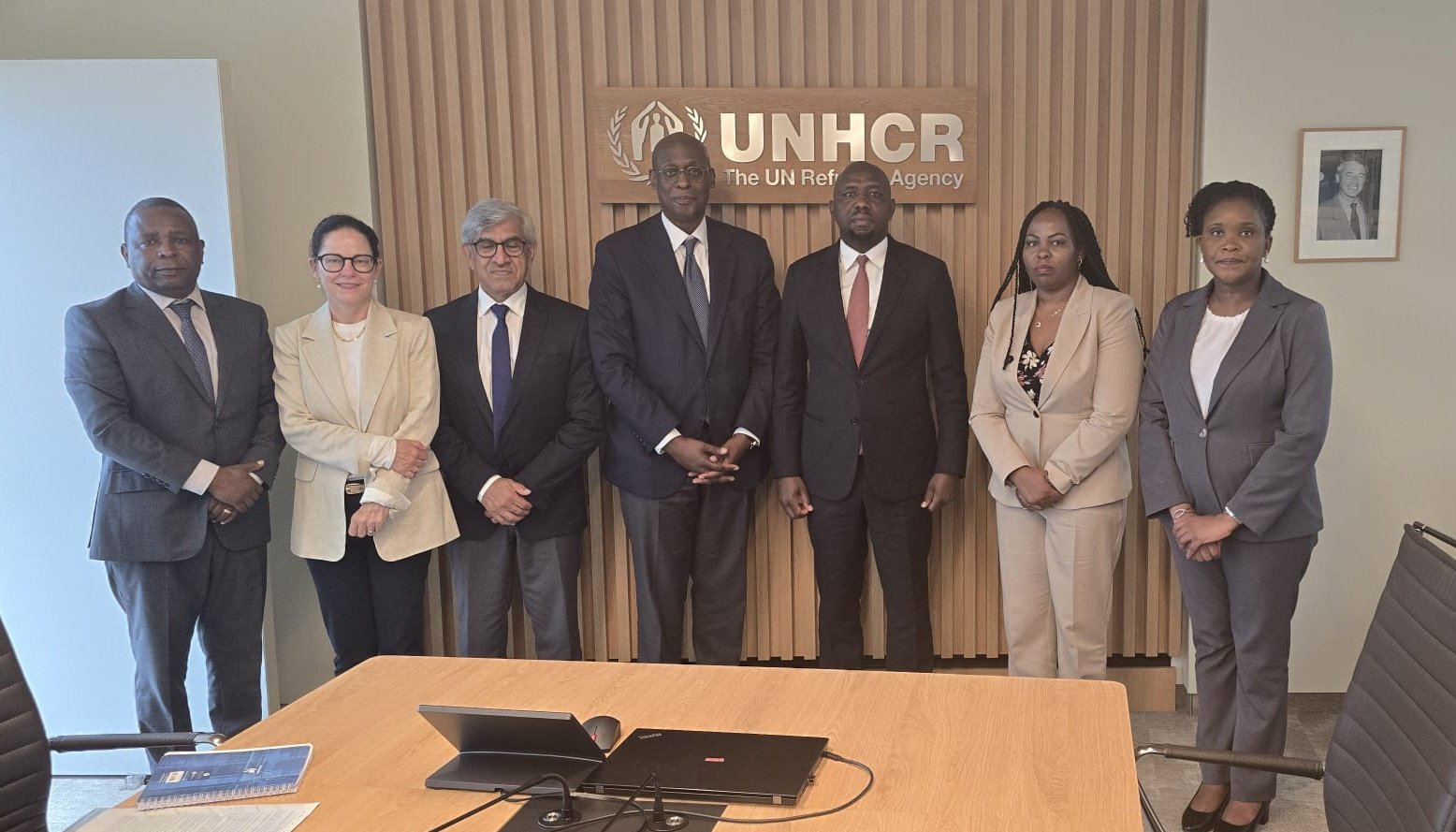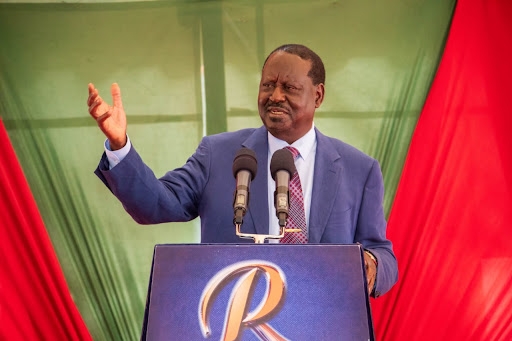
Interior and
National Administration Cabinet Secretary Kipchumba Murkomen has met with
United Nations High Commissioner for Refugees (UNHCR) Assistant Raouf
Mazou to discuss inclusion.
Kenya and UNHCR
have a longstanding partnership spanning over 56 years in supporting refugees and asylum seekers.
Murkomen said
they held talks on the recently launched Shirika Plan, which he described as a
“transformative, multi-stakeholder initiative aimed at fostering the
socio-economic inclusion of refugees and asylum seekers”.
‘’The plan
promotes self-reliance and resilience among displaced populations while
delivering tangible benefits to host communities,” he said.
The CS
emphasised the need to deepen collaboration between Kenya and UNHCR in order
to address the rising humanitarian issue.
Additionally, he highlighted the need to deepen collaboration to not only address immediate humanitarian needs but also confront the underlying causes of displacement, including conflict and climate change.
‘’I urged the UNHCR to amplify advocacy for
peace and the cessation of violence in affected regions, which is critical in
tackling forced displacement at its root,” he said
Murkomen assured
that the government remains firmly committed to its responsibilities as a host
country and will continue to work closely with UNHCR and all partners.
The Shirika Plan, which was launched on March 28, 2025, by President William Ruto, seeks to integrate refugees into host
communities by transforming camps into sustainable settlements equipped with
essential infrastructure, resources and economic opportunities.
The Shirika Plan is a multi-year initiative aimed at transforming refugee camps in Turkana and Garissa into integrated settlements, with the long-term goal of establishing two new cities in Kakuma and Dadaab.
Under the Shirika Plan, the refugee-hosting areas will be developed into municipalities to increase economic opportunities, education, health and essential services for both refugees and local communities.
The initiative aligns with Kenya’s commitment to the Global Compact on Refugees and builds upon legislative milestones such as the Refugees Act of 2021.
Kenya continues to uphold an open-door asylum policy, currently hosting over 700,000 refugees and asylum seekers.
The refugees are mainly from Somalia, South Sudan and the Democratic Republic of Congo, who are fleeing regional conflicts.










